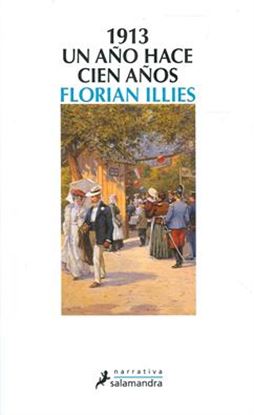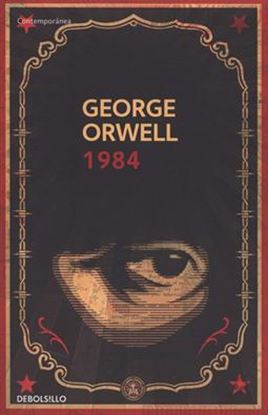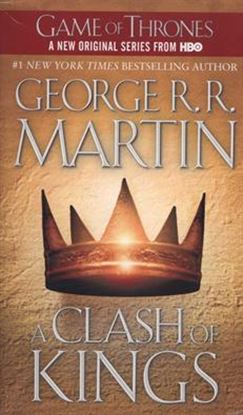

1913. UN AÑO HACE CIEN AÑOS
Los primeros años del siglo XX fueron un período especialmente fructífero para la creatividad humana. Europa era un hervidero de nuevas ideas y tendencias que surgían por doquier. Política, ciencia, música, pintura, arquitectura, literatura: en todos los campos se ponían en entredicho los valores tradicionales, y el sentimiento general era de cambio y revolución, un tiempo en el que todo parecía posible.
En este original relato, el historiador y periodista Florian Illies nos transporta cien años atrás para describirnos qué pensaban y cómo actuaban algunos de los protagonistas de la escena europea a lo largo de 1913. Proust busca el tiempo perdido, Freud desnuda almas en su diván, Stravinski celebra la primavera, Kafka, Joyce y Musil toman el mismo día un café en Trieste... Y en el parque del castillo de Schonbrunn, Hitler y Stalin se pasean en lo que será su único encuentro. Así pues, el triunfo y la melancolía se funden, todo es pulsión creativa, pero, a su vez, el ser humano parece haber perdido la inocencia y, de alguna manera, se intuye el abrupto declive que se avecina. Después de 1913, claro está, Europa se precipita en el abismo.
Con un estilo elegante y un fino sentido del humor, Florian Illies ha reunido un fascinante catálogo de anécdotas, apuntes, citas y extractos de diarios y otros textos de la época para recrear con extraordinaria naturalidad la magia y la emoción de un momento clave de la cultura europea, con múltiples ecos en nuestro comprometido presente. Contra todo pronóstico para un libro de esta naturaleza, 1913. Un año hace cien años ha conquistado el número uno de las listas de libros más vendidos en Alemania, donde se mantiene hasta la redacción de estas líneas.
1,300
975
1984 (BOL)
En el año 1984 Londres es una ciudad lúgubre en la que la Policía del Pensamiento controla de forma asfixiante la vida de los ciudadanos. Winston Smith es un peón de este engranaje perverso, su cometido es reescribir la historia para adaptarla a lo que el Partido considera la versión oficial de los hechos... hasta que decide replantearse la verdad del sistema que los gobierna y somete.
750
563











